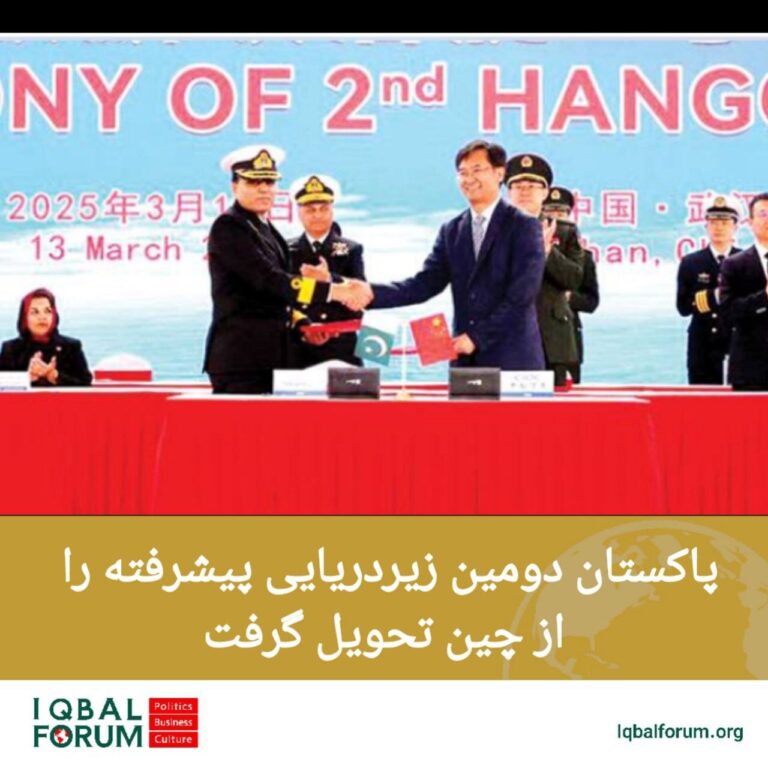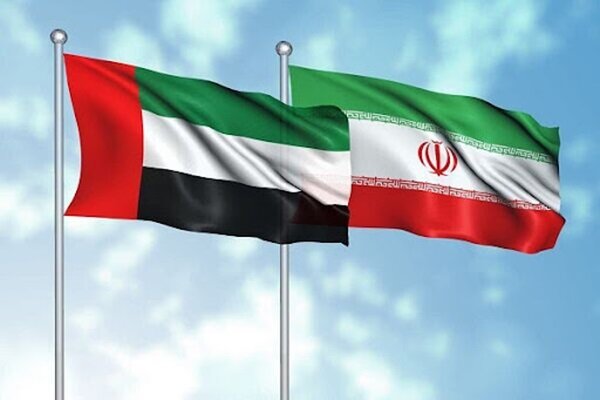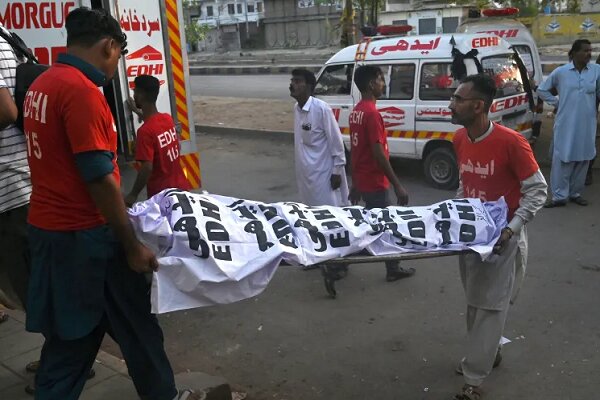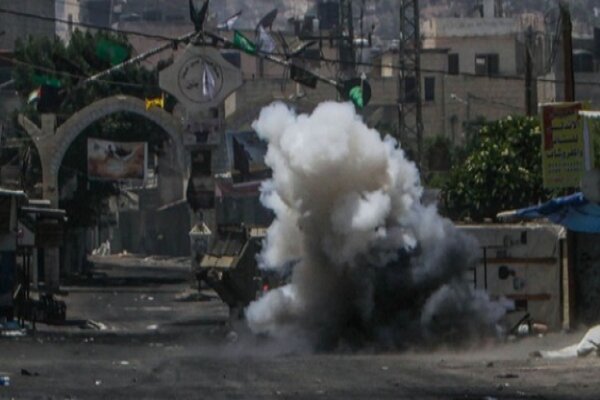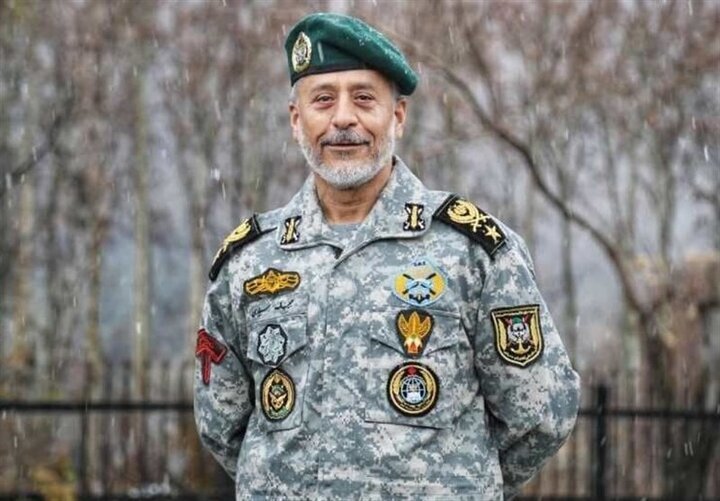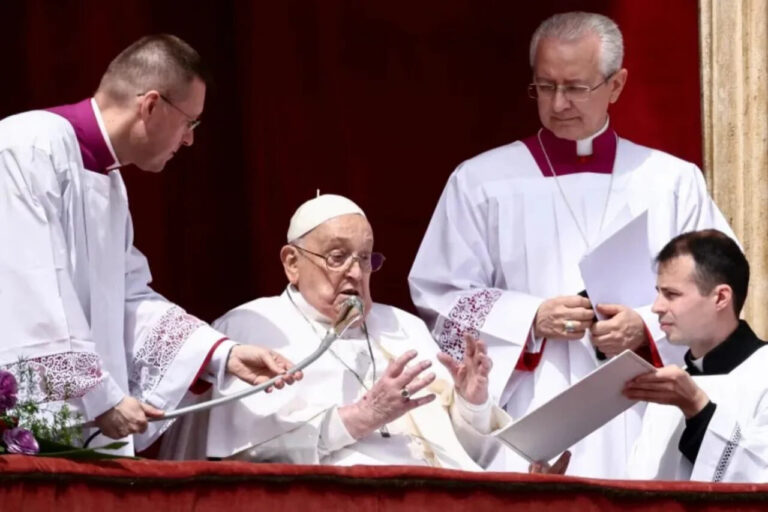Two-State Solution Falls Short: Palestinian Rights Remain Unsecured
Iranian Foreign Minister Abbas Araghchi has firmly rejected the two-state solution as a viable method for securing Palestinian rights, reiterating that Iran’s support for the Palestinian cause is unwavering and steadfast. His remarks were made during an extraordinary meeting of the Organization of Islamic Cooperation (OIC) foreign ministers, which focused on addressing Israeli aggression and crimes against the Palestinian people in Jeddah, Saudi Arabia.
During his speech, Araghchi emphasized Iran’s unyielding commitment to Palestine, stating, “The uncompromising support of the government and people of the Islamic Republic of Iran to the cause of Palestine is indisputable and our steadfast commitment will not wither away under any circumstances.” He dismissed the concept of the two-state solution, advocating instead for the establishment of a “one democratic state” as the only feasible resolution to the ongoing conflict.
Araghchi articulated his stance, saying, “With due respect to the views of some brotherly countries on the two-state solution, the Islamic Republic of Iran maintains its view that this solution will not lead to the realization of the right of the Palestinian people.” This strong declaration aligns with Iran’s broader position favoring a single democratic state that represents all original inhabitants of Palestine, distancing Tehran from the traditional two-state framework discussed in international meetings.
The Iranian foreign minister also highlighted the “unspeakable pain and suffering” of the people of Gaza, who have endured 16 months of what he described as a genocidal war, resulting in a death toll surpassing 48,446, with a significant number of victims being women and children. He stated, “The situation in Palestine, particularly in the Gaza Strip, is a matter of profound concern. This crisis is not only a humanitarian disaster but also a grave injustice to a nation that has been systematically deprived of its fundamental rights and human dignity for over seven decades, subjected to relentless aggression and occupation.”
Moreover, Araghchi condemned the “unwavering and unconditional support” of the United States and its Western allies for Israel, emphasizing that such backing exacerbates the situation in Gaza. He pointed out that Washington’s military, financial, and diplomatic support for Tel Aviv showcases its complicity in the crimes committed against the Palestinian people. He noted, “The United States has once again chosen to turn a blind eye to the root causes of the crisis, prioritizing its strategic alliance with the Israeli regime over the fundamental principles of justice and human rights.”
Araghchi further criticized Israel for carrying out “unimaginable atrocities” that encompass major international crimes, including war crimes, crimes against humanity, ethnic cleansing, racial discrimination, and genocide. He underscored that despite these violations, the Israeli regime continues to evade accountability and enjoys impunity for its blatant breaches of international law.
In his speech, he also strongly rejected the US administration’s attempts to forcibly relocate the population of Gaza, calling such actions a “clear violation of international law, including the Fourth Geneva Convention.” He asserted that any efforts to alter the demographic and cultural fabric of the occupied Palestine are unacceptable and contrary to justice and international law. He warned, “Iran also expresses its deep concern over the political and humanitarian implications of such actions for the region and the world. It simply adds insult to the injuries of the present generation, while guaranteeing an ever-lasting grief for generations to come.”
Elsewhere in his address, the Iranian diplomat reiterated the inherent right of Palestinians to defend themselves against Israeli occupation and aggression, stating, “This right is enshrined in international law and does not require the approval of any external power.” He criticized Western nations for justifying Israeli actions under the guise of “self-defense” while denying the same right to Palestinian resistance groups.
Araghchi called on the international community to reject misleading narratives and recognize Palestinian resistance groups as legitimate actors under international law, established to combat occupation, apartheid, and aggression. He proposed “collective sanctions against Israel” and urged OIC member states to implement these measures as a means to pressure the Zionist regime into halting its crimes against the people of Gaza and other nations in the region.
Highlighting the urgency of delivering humanitarian aid to Gaza, Araghchi pointed out Israel’s near week-long blockade of assistance and stressed the importance of immediate relief efforts to alleviate Palestinian suffering. He proposed the establishment of an OIC-led international campaign to finance the reconstruction of homes, hospitals, and essential infrastructure in the besieged strip.
Furthermore, he called for Israel’s expulsion from the United Nations, citing its repeated violations of the UN Charter, its designation of the UN Secretary-General as persona non grata, and the obstruction of UNRWA’s humanitarian operations. He also condemned the unprecedented killing of hundreds of UN staff in Palestine.
In a poignant conclusion, Araghchi proposed the establishment of an International Gaza Victims’ Remembrance Day to serve as a lasting tribute to the suffering endured by the people of Gaza, ensuring that their struggle against Israeli crimes is not forgotten.
With these statements, Iran continues to assert its position in support of Palestinian rights and calls for global action to address the ongoing humanitarian crisis.

